In 2015,Dear Utol (2025): Week 8 Highlights Episode 45 professional swimmers and sisters Yusra and Sara Mardini escaped their home in Damascus amid the Syrian Civil War as refugees. They made the perilous journey across the Aegean Sea from Turkey, aiming for the Greek island of Lesbos, in an overcrowded dinghy with people also fleeing violence and war.
In 2015 alone, more than 911,000 refugees and migrants arrived on European shores — and some 3,550 people died during the journey. Over 75 percent were fleeing persecution, violence, and conflict in Syria, Afghanistan, or Iraq.
"That's why we took the journey, because we said, either we risk our lives one more time, or we continue living here and risking it every day," Yusra tells Mashable.
A year later, Yusra swam at the 2016 Rio Olympics with the Refugee Olympic Athletes Team. The Mardini sisters' epic story was detailed in Yusra's 2018 memoir Butterfly: From Refugee to Olympian — My Story of Rescue, Hope, and Triumph,and it has also been realised in the Netflix film The Swimmers, from My Brother the Devildirector Sally El-Hosaini.
SEE ALSO: How to welcome refugees in every part of your lifeThe film, which premiered at Toronto International Film Festival in September, follows the perilous journey made by Yusra and Sara (played by sisters Manal and Nathalie Issa) along with their cousin Nizar (Ahmed Malek): from their daily family life as young athletes in Damascus to the outbreak of the war, through their escape across the country to Turkey and across the Aegean. It's a notoriously dangerous crossing, during which Yusra and Sara actually got out of the boat to stop it from sinking and swam alongside it. It's one of the most unforgettable sequences in the film, with El-Hosaini blending reality and surrealism.
From there, in the film and life, Yusra and Sara face a dangerous road, journeying on foot from Greece to Macedonia, through Serbia, Hungary, and Austria to Germany, with the country's open-door policy for Syrian refugees. Many from the crossing travel as a group for safety, including new friends Shada (Nahel Tzegai), Emad (James Krishna Floyd), Bilal (Elmi Rashid Elmi), and others. Finding refuge in Berlin, Yusra's challenging path to swim at the Rio Olympics begins with coach Sven (Matthias Schweighöfer); meanwhile, Sara begins to think about her future role in helping other refugees in their own journeys.
 A still from "The Swimmers" Credit: Netflix
A still from "The Swimmers" Credit: Netflix The film took four years to make, with director El-Hosaini teaming up with Enola Holmesscribe Jack Thorne to co-write the screenplay, with close consultation with the Mardinis and both a cast and crew significantly made up of refugees, some of whom made the Aegean crossing themselves.
And, of course, the crisis continues. According to the U.N. Refugee Agency (UNCHR), 89.3 million people worldwide were forcibly displaced by the end of 2021 due to persecution, conflict, violence, or human rights violations, including Afghan refugees trying to escape Taliban rule. By May 2022, the number had surged to more than 100 million people worldwide, with 7.8 million people forcibly displaced due to the war in Ukraine alone.
Mashable spoke to Yusra Mardini, the UNCHR's youngest ever Goodwill Ambassador, and director Sally El-Hosaini about the making of the film and some of the standout moments you'll think about long afterward.
Yusra Mardini:I did not think ever that this would be turned into a movie. I was very excited since day one, but I did not really believe it. I was like, I'm not gonna believe it until I see it on screen. Now I've seen it on screen, but I still can't believe it.
Sally El-Hosaini:And that's going to be seen by millions of people.
YM: Yeah, which is crazy to me, and I'm very excited about it. Obviously, the story is very, very big, and it's not just about us. It's about portraying lots and lots of refugees all around the world.
SE:So I had heard of Yusra's story, because I saw her on the news around the time of the Rio 2016 Olympics. But it wasn't until Working Title contacted me with a screenplay — they were looking for a director to direct this film, and I read that script — that I discovered Sara, and I realised that this wasn't just a story about one hero, but about two heroes, the unsung hero as well.
I was really inspired to make complex heroes out of these modern, liberal, young Arab women who I felt I knew and understood.
When I googled the girls and saw Yusra and Sara, they really reminded me of me and my friends when I was growing up in Egypt in the '90s. I was really inspired to make complex heroes out of these modern, liberal, young Arab women who I felt I knew and understood.
 Manal and Nathalie Issa as Yusra and Sara Mardini, and Ahmed Malek as their cousin Nizar Credit: Netflix
Manal and Nathalie Issa as Yusra and Sara Mardini, and Ahmed Malek as their cousin Nizar Credit: Netflix So quickly, after signing up and coming on, I visited them in Berlin. They showed me around and I met Sven as well, and we were all on WhatsApp, and from that moment onwards, it felt like there was a dialogue. It was many years to make this film, and they were very patient waiting throughout those years. But a lot of the information that I was able to get from them made its way into the movie. One of the first things I asked for, for example, was their playlists, because I wanted to know what music inspired Yusra, what music inspired Sara, what you were listening to to train? That's how Sia ended up in the movie, because that was one of your favourites.
YM: I really, really liked the scene. It's one of my favourite scenes in the movie because it does portray the Arabic world in a different perspective. It shows that yes, there is struggle, yes, there is war, but I was just 16 at the time, I just wanted to be a normal teenager, I wanted to have a normal life. And I was trying, me and my sister, to just forget about the bad things that are happening to us. [In the film] you can already realise while we were partying, we get the news of our friend dying. That maybe did not happen in real life, but it did happen to us in a different way...When you see any news about the Arabic world, you see just buildings destroyed, you see cities destroyed. Unfortunately, it's the media showing one angle of everything. Maybe next to this destroyed building, there's this building where we were partying, and there was, you know, bombing happening.
 One of the most unforgettable scenes in the film. Credit: Netflix
One of the most unforgettable scenes in the film. Credit: Netflix So, I am really, really glad that the movie and Sally thought that this was very important to portray, because I did not see that a lot in any movies or media. I think it is important to show that colourful side of the Arabic world and Syria and us, because that's what happened.
"That's why we took the journey because we said, either we risk our lives one more time, or we continue living here and risking it every day."
We got to a point where us teenagers were telling our parents, 'Why are you worried if I go out? If I'm staying home or going out, the bomb attack is going to happen.' I lost friends that were in their houses, sleeping or just in their houses, so at that point we told our parents, 'It's going to happen anyway.'
That's why we took the journey, because we said, either we risk our lives one more time, or we continue living here and risking it every day.
SE: It felt like a film within the film almost. It started with a lot of research. Hassan Akkad, our associate producer and consultant on the film, he'd taken the same crossing and had filmed it on his mobile phone. So we started with his mobile phone footage and the mobile phone footage of other people who've taken the same crossing, talking to people who had done that same crossing, talking to Yusra and Sara about their crossing, of course, and really doing the research.
Then that was storyboarded, and we very quickly realised that...the most authentic way was to do it for real. So we went to the Aegean coast, where Yusra and Sara set sail from. And when we were recceing that coastline, we saw dinghies crossing; we saw coast guard ships chasing those dinghies. We really put a boat on the water and filled it with 25 people; there were children, there was a baby, we set sail, and filmed it for real.
 Director Sally El-Hosaini and the crew Credit: Netflix
Director Sally El-Hosaini and the crew Credit: Netflix When we came to film that day, the sea was rougher than it had ever been when we had recced it before, but we had to go with it. We were in a small dinghy attached to the hero dinghy filming, and sometimes not attached, floating 'round it. The sea was really rough that day, so a lot of the cast were seasick, and when you see them vomiting in the film, they were vomiting for real. There was no way we could call time, take a break, stop to get off the boat, because we were out at sea. And the unit base was another ship that had to be so far away, because the waves were spinning us 360 and it couldn't be in shot. So, I felt like everybody persevered.
There were people cast on that dinghy who had taken the same journey themselves.
There were people cast on that dinghy who had taken the same journey themselves. I had cast a lot of refugees in the movie and also had people behind the scenes working on the film who were refugees. So there was this sense of importance that everybody wanted to show what this journey was, authentically. It was humbling to see this group of individuals get on the boat, and then a family get off the boat after that day of filming. We only had two days to film the daytime crossing, so the next day, I was a bit worried people wouldn't get back on the boat. But no, everybody showed up, they felt bonded. They were a family. And they were like, 'We're gonna do this.' And they got back on the boat. We had to film the nighttime portions in a water tank in Brussels, because it was just too unsafe to be at sea in the dark at night.
SE: One of the ideas behind the film as well was that everything above water is objective reality and everything underwater is a place of subjectivity, of motion, memory, hopes, dreams, nightmares. Yusra has mentioned the moment of the medals sinking as being very emotional.
YM: Yeah, I mean, obviously it is it is very emotional. Every time I watch it, I cry. It's not something that you really want to think of a lot after going through that, and I've been talking about it for the past five years, and now the movie's out. But it's obviously very, very important to talk about it because I'm not the only one who went through that. There are many, many refugees who went through that, and I was lucky to make it. Lots of refugees unfortunately drowned in that sea, and that's exactly why we want to share this story with the world. Even if it's painful to me to share, I still want to share it because I do have a voice, and I can use it, and people will listen. And now with this movie, we really, really hope to put the conversation back on the table [that] being a refugee is not a choice. It doesn't matter where a refugee comes from. They should be welcomed, and there should be a system to integrate them without them going through those horrific journeys.
Being a refugee is not a choice. It doesn't matter where a refugee comes from, they should be welcomed.
The scene of the medals drowning really broke my heart, because I really did lose all my medals and all my belongings in the war. Our house was destroyed. I had a competition in Russia, so I took a small bag: swimming stuff, some shorts, and so on. When I came back from the competition, it was the last time that I was home. I couldn't go back home ever after I was back from the competition in Russia, and that does break my heart until today. I don't have any pictures from my childhood, nothing from my belongings when I was young. So yeah, it is hard to watch the movie, and especially the boat scenes.
But I do understand the importance of that, and I really want people to empathise with that, to understand that no one wants to send their kids off in such dinghies. Like my parents, after an hour of us not responding on the phones, they thought they lost us. I never want to experience that with my own kids. No one wants to go through those things; we just are forced to. I always talk about this, me and my sister, we chose to risk our lives one more time, rather than every day. That was the choice.
 Manal Issa as Sara Mardini, in a scene set in a school swimming pool in Damascus. Credit: Netflix
Manal Issa as Sara Mardini, in a scene set in a school swimming pool in Damascus. Credit: Netflix YM: Me and Sara had a really, really good relationship, we still have a really good relationship. Since we were young, we did everything together. My mom dressed us as twins, even if we're not; we would go to school and then to the swimming pool together; we would train together. It was this like, unwanted partner. It's like a part of our life, you don't choose who this partner is. And we did really enjoy it, like when we had a fight, you saw [in the film] how like Sara comes in, she just says a joke, and then we're fine. I really learned a lot from her in my life, and I think 99 percent of my confidence is because my sister was wild and crazy in her own way that inspired me.
Really the movie reminded me of my relationship with her because our relationship drifted apart. When I was in Germany, I moved to another city to focus on the Olympics. She moved back to Greece to volunteer and help refugees. And the relationship drifted apart a bit. After the movie, I remember Sara climbing up the chairs and then hugging Sally and telling her, 'I forgot how much I love my sister. Thank you for reminding me.' It was the same for me, it was just like, 'I really, really miss this relationship. I miss having you as my best friend.' And now we're trying to get closer. The movies did really bring us closer together, even if it was about us. I know, it's weird, but it did bring us together as well.
SE:For me, the sisterhood aspect of the story, I always knew that was the the way in, and really, it was a love story between sisters. I was fascinated by their dynamic. I'm a big sister and a little sister, and so that's a relationship I also can speak to. For me, it was bringing in that sense of humour, the irreverence. It really shows the capacity of the human spirit to survive, that in the darkest times, we have our humanity.
It was what was universal, really, about this film, and the way in, I think, is through that sister relationship for the audience, because if there's anything that I want people to be reminded of with this film is that refugees are ordinary people just like you and me. And when you experience Yusra and Sara like that, no matter who you are, they remind you of your sister, of your daughter, your niece or cousin. That's so needed in the world today. It's easy to watch the news images and to feel sympathy or to hear refugees talked about in numbers which dehumanise.
Empathy and reminding us what we all have in common with each other is so much more powerful than our differences.
This film, really, we wanted empathy, not sympathy. For the audience to be on this visceral journey with the sisters rather than objective observers from the outside judging or watching or sympathising, but participating on this journey with them. Because empathy and reminding us what we all have in common with each other is so much more powerful than our differences.
The Swimmersis now showing in cinemas and streaming on Netflix.
Topics Netflix
(Editor: {typename type="name"/})
 Waitin’ on the Student Debt Jubilee
Waitin’ on the Student Debt Jubilee
 This Christmas card is definitely not what it seems
This Christmas card is definitely not what it seems
 'Fuller House': Kimmy and Stephanie talk sisterhood and Season 2
'Fuller House': Kimmy and Stephanie talk sisterhood and Season 2
 Secrets of Disney World performers revealed in longtime Goofy's AMA
Secrets of Disney World performers revealed in longtime Goofy's AMA
 Best Garmin deal: Save over $100 on Garmin Forerunner 955
Best Garmin deal: Save over $100 on Garmin Forerunner 955
Waitin’ on the Student Debt Jubilee
 Your Sorry Ass
...[Details]
Your Sorry Ass
...[Details]
'Lives are at risk:' Hillary Clinton blasts fake news
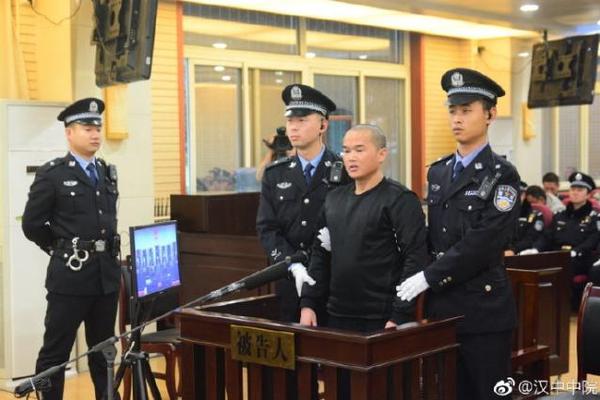 Hillary Clinton may have taken a few walks in the woods since her presidential election loss on Nov.
...[Details]
Hillary Clinton may have taken a few walks in the woods since her presidential election loss on Nov.
...[Details]
Snoop Dogg's 2016 recap is a thing of beauty
 2016, on the whole, can do one. Whether it was the death of Bowie or the birth of Brexit, the slow m
...[Details]
2016, on the whole, can do one. Whether it was the death of Bowie or the birth of Brexit, the slow m
...[Details]
Kodak is using nostalgia to win its way back into your heart
 For many of us, or at least those born before the 2000s, Kodak can really bring back memories.It was
...[Details]
For many of us, or at least those born before the 2000s, Kodak can really bring back memories.It was
...[Details]
The cicadas aren't invading the U.S.
 UPDATE: April 27, 2021: In the spring of 2021,Brood X of the cicadas will gloriously emerge from the
...[Details]
UPDATE: April 27, 2021: In the spring of 2021,Brood X of the cicadas will gloriously emerge from the
...[Details]
These baskets are perfect for people who want to shop in solitude
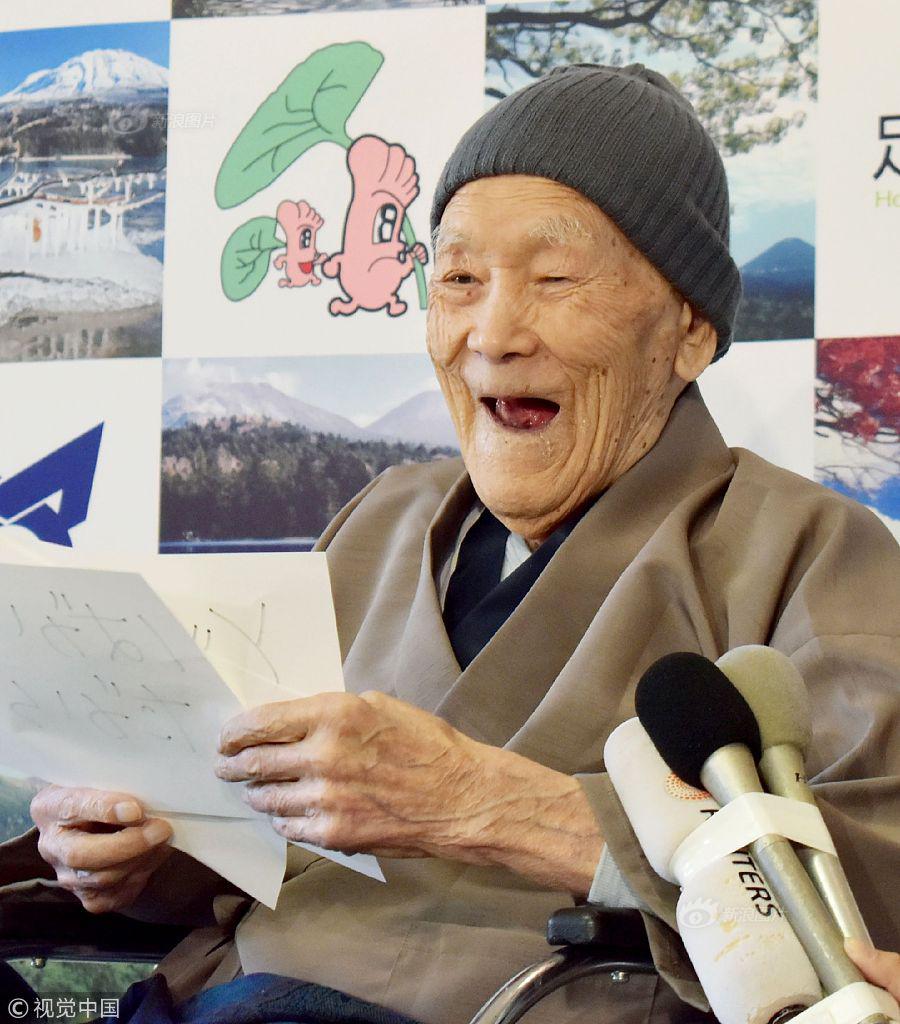 If your favorite phrase is "No thanks, I'm just looking," then these are the shopping baskets for yo
...[Details]
If your favorite phrase is "No thanks, I'm just looking," then these are the shopping baskets for yo
...[Details]
Now Vodafone too is offering free voice calls in India
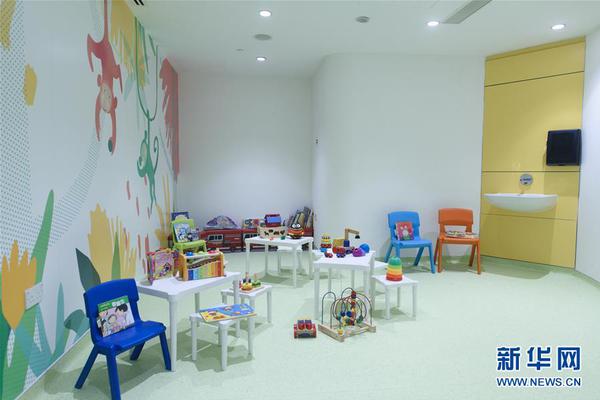 India’s telecom carriers may still make most of their revenue from voice calls, but now none o
...[Details]
India’s telecom carriers may still make most of their revenue from voice calls, but now none o
...[Details]
How you can help #Pizzagate victim Comet Ping Pong
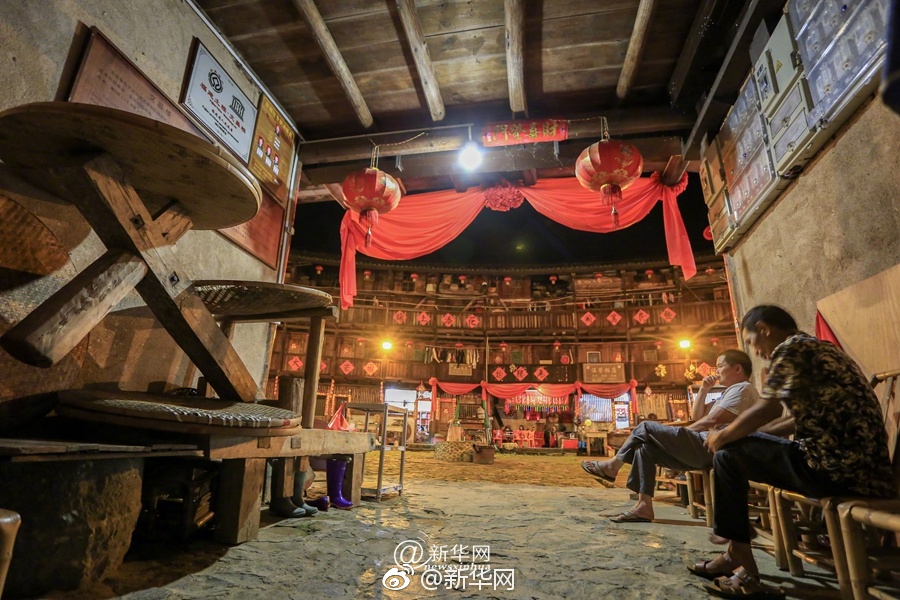 There is nothing fake about the outpouring of support for this Washington, D.C., pizza place.The spr
...[Details]
There is nothing fake about the outpouring of support for this Washington, D.C., pizza place.The spr
...[Details]
Best vacuum mop combo deal: Save $140 on the Tineco Floor One S5
 SAVE $140:The Tineco Floor One S5 smart wet dry vacuum is on sale at Amazon for $309.99, down from t
...[Details]
SAVE $140:The Tineco Floor One S5 smart wet dry vacuum is on sale at Amazon for $309.99, down from t
...[Details]
This weekend in esports: 'Dota 2' Major and 'League of Legends' All
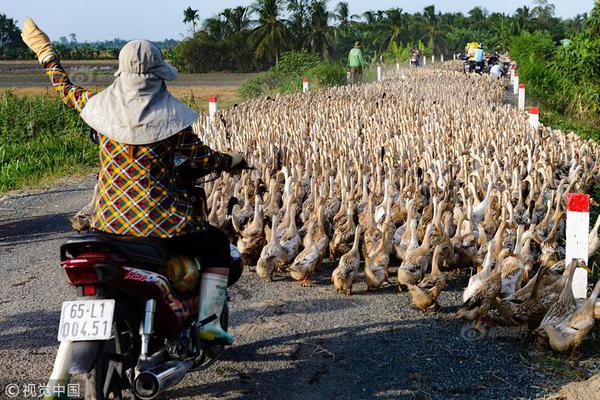 It can be tough to keep track of everything going on in the world of professional competitive gaming
...[Details]
It can be tough to keep track of everything going on in the world of professional competitive gaming
...[Details]
NYT Strands hints, answers for May 18
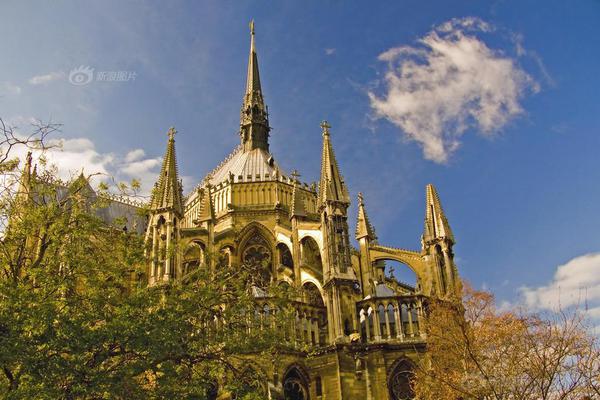
These baskets are perfect for people who want to shop in solitude
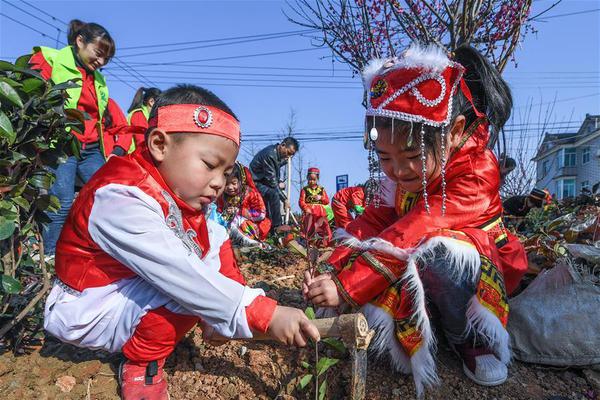
接受PR>=1、BR>=1,流量相当,内容相关类链接。